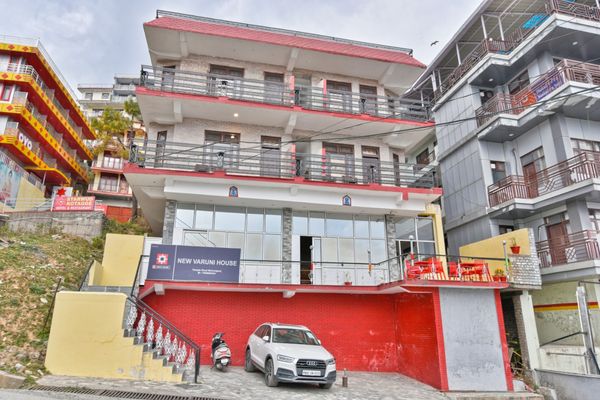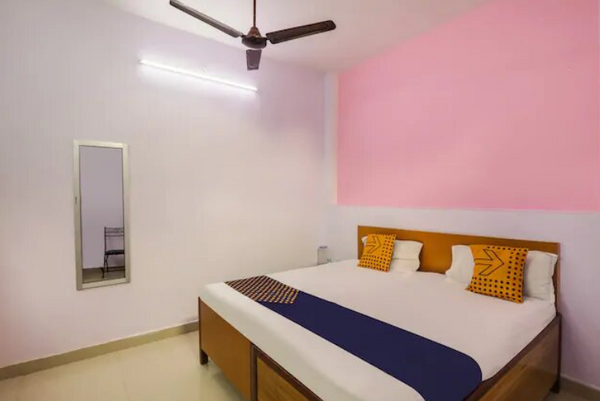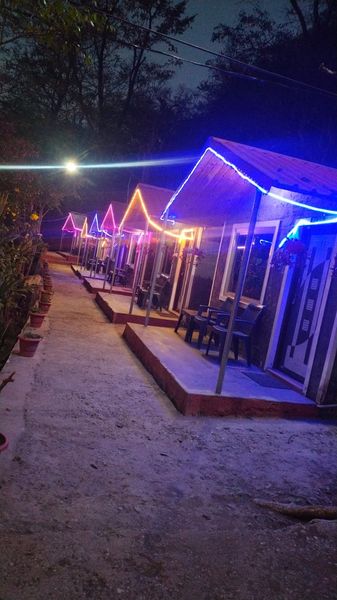A Guide to Reducing the Impact of VAT on Hospitality Businesses
 Amelia Rose
21 Mar, 2025
7 mins read
54
Amelia Rose
21 Mar, 2025
7 mins read
54
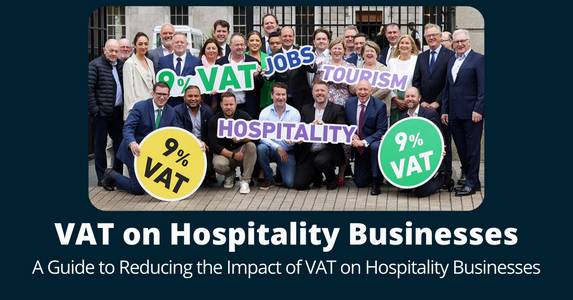
Businesses in the hotel, travel, and restaurant industries particularly worry about Value-Added Tax (VAT on hospitality). Hotel companies have to discover ways to control expenses while still being competitive given changing rules and varying tax rates. Maintaining financial stability depends on one knowing the complexity of VAT and how it affects various services. Companies have to keep current on tax policies to prevent unanticipated costs and compliance problems. By means of smart initiatives, VAT obligations can be reduced and guaranteed seamless operations. This guide looks at sensible ways to keep profitability while reducing the VAT financial load on hotels.
1. Understanding VAT Rates and Exemptions
Understanding relevant rates and possible exemptions helps one start the process of lowering VAT on hospitality on hotel bills. Countries impose different VAT rates on food, drink, and lodging. Some things, including particular services or takeaway meals, can be eligible for lowered VAT rates or exclusions. See a tax specialist to assist find places where you could save expenses.
2. Optimize Pricing Strategies
Changing your pricing strategy will help to offset the effects of VAT on hospitality. This entails deliberately pricing to strike a mix between tax efficiency and profitability. Including VAT into pricing strategies helps companies avoid unexpected consumer cost load. Pricing changes depending on market developments also guarantees competitiveness and helps to meet VAT responsibilities. Thought about:
- Bundling Services: Offering packages that incorporate lodging, food, and entertainment—allows VAT expenses to be more fairly distributed.
- Dynamic pricing: Adjusting prices based on demand, changing rates depending on seasonality and demand guarantees profitability even with VAT responsibilities.
- Pass-Through Pricing: Clearly told VAT-inclusive prices will help clients to avoid unanticipated expenses.
- Special Discounts for Direct Bookings: Encouragement of direct reservations with some special discounts will help to keep more income by lowering third-party commission charges, therefore indirectly balancing VAT expenses.
3. Maximize VAT Deductions and Input Tax Credits
VAT on purchases including food supplies, utilities, and maintenance is paid by hospitality companies most of the time. They should closely monitor all VAT on hospitality inclusive expenses and guarantee timely claim submission if they are to reduce this cost. By greatly lowering total VAT responsibility, maximizing input tax credits helps companies to recover some of their tax load. Effective claim deductions and preservation of compliance with tax laws depend on proper paperwork, reliable record-keeping, and regular audits.
4. Take Advantage of Government Schemes
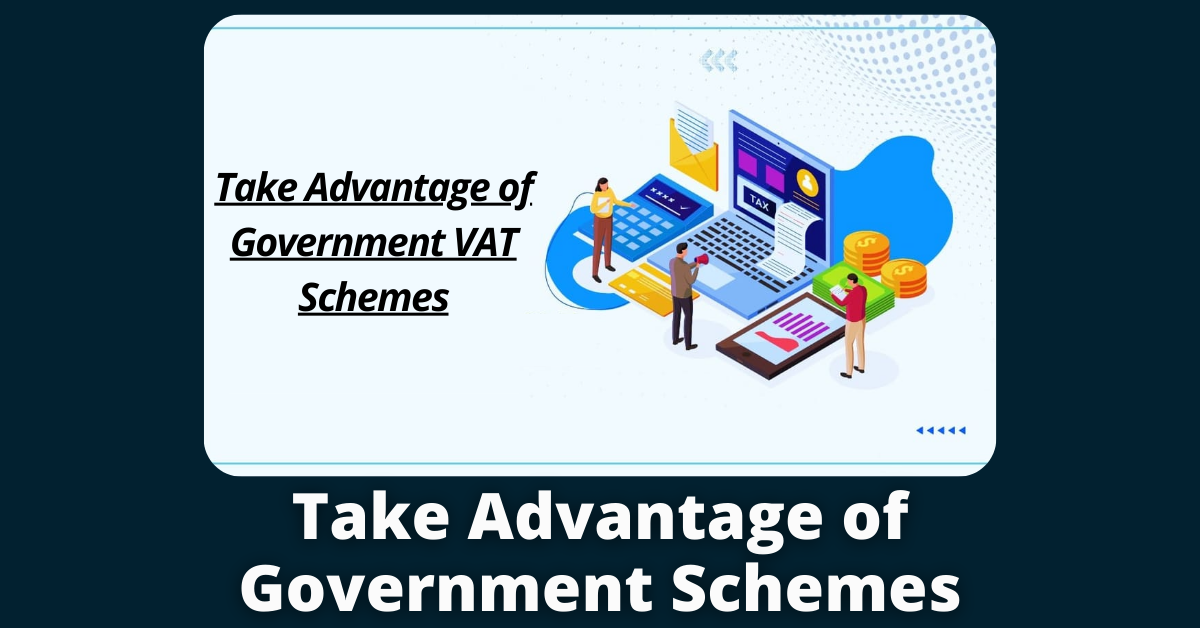
To boost economic recovery, many governments create temporary VAT discounts or relief initiatives specifically for the hotel industry. These projects could call for direct financial aid, postponed tax payments, or reduced VAT rates on meals and lodging. Companies should aggressively track legislative changes, speak with tax experts, and apply for open programs to maximize savings. Maintaining current with tax relief policies, grants, or discounts guarantees companies can take advantage of possibilities to efficiently lower their tax load.
5. Update Tax and Financial Planning
Good tax preparation will help to greatly reduce VAT on hospitality effects on hotels. Through rigorous financial record analysis, companies can find possible savings and guarantee correct tax filing. By helping companies to predict VAT responsibilities, proactive planning helps to prevent last-minute financial burden. Further improving tax efficiency is cooperation with industry professionals and use of data-driven insights. Companies have to:
- Consult Tax Professionals: Working with tax advisers will enable one to find legal means of reducing VAT obligations and maximizing tax solutions.
- Ensure Compliance: Following VAT rules is absolutely vital to prevent fines, penalties, and maybe legal problems.
- Conduct Regular Audits: Review VAT records often to assist avoid overpayments and guarantee proper tax reporting, thereby lessening of unneeded financial burden.
6. Invest in Digital Solutions for VAT Management
Calculations can be simplified, tax returns automated, and general financial efficiency raised by using accounting tools and digital VAT management systems. These instruments guarantee timely tax filings, aid to lower mistakes, and give real-time financial data analysis. Advanced capabilities such as automatic compliance checks and banking system integration help to improve accuracy even more and lower manual effort. Using such technology lets companies concentrate more on operations and yet comply with VAT on hospitality, therefore preserving compliance.
7. Train Employees on VAT Compliance
By teaching staff members VAT policies, one guarantees correct invoicing, billing, and documentation, therefore lowering the chance of miscalculations. Staff training guarantees VAT compliance by helping them to grasp VAT on hospitality applications on many transactions. Frequent seminars and refresher training help staff members remain current on VAT legislation changes, therefore reducing the possibility of expensive mistakes. Well-trained employees guarantee flawless financial operations and help to avoid mistakes, therefore protecting the company from penalties and audits.
Conclusion
Effective management of VAT on hospitality in the hotel calls for a planned approach to reduce financial burden and keep compliance. Businesses can maximize their tax payments by using clever pricing tactics, optimizing input tax credits, applying government relief programs, and embracing digital solutions. Working with seasoned accountants in Walthamstow and other expert consultations—regular staff training—helps to further improve financial efficiency and lower VAT-related risks. By means of a proactive approach, hotel companies may negotiate VAT issues and maintain profitability and expansion.
Written By:
Amelia Rose



Hotels at your convenience
Now choose your stay according to your preference. From finding a place for your dream destination or a mere weekend getaway to business accommodations or brief stay, we have got you covered. Explore hotels as per your mood.
